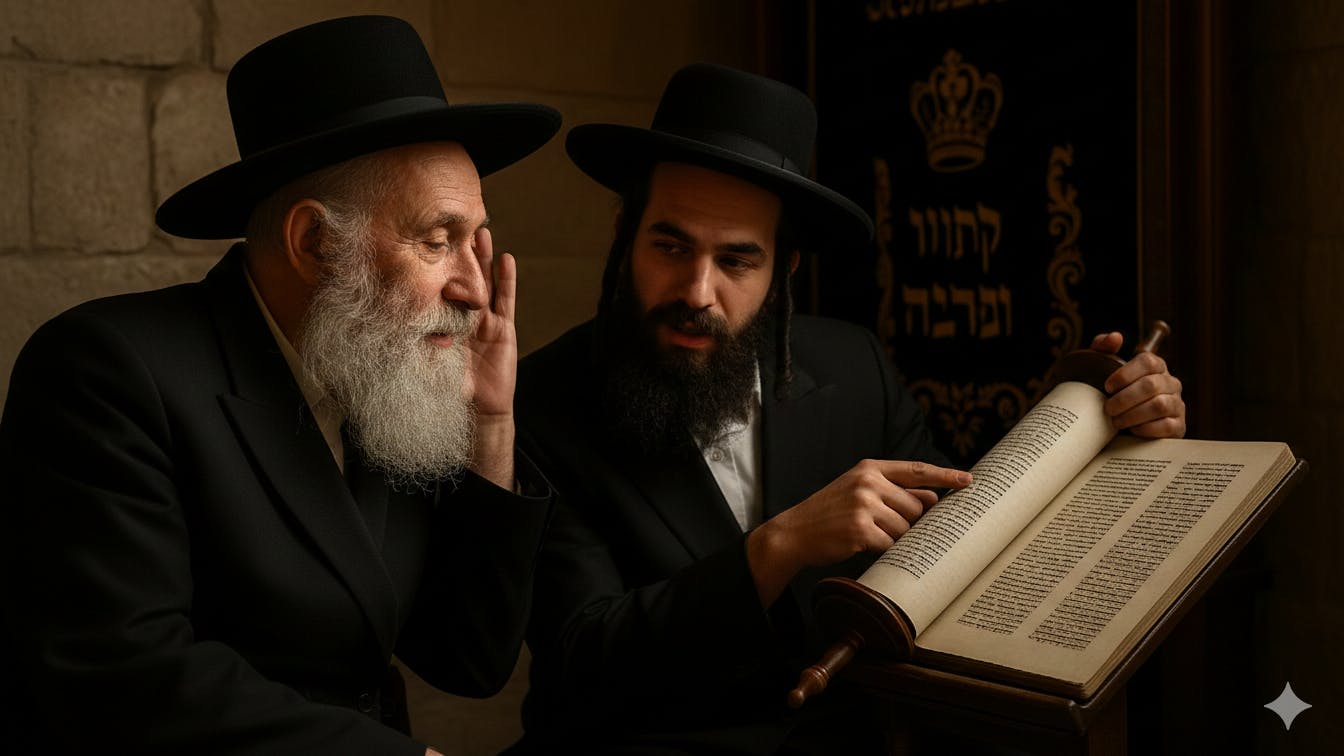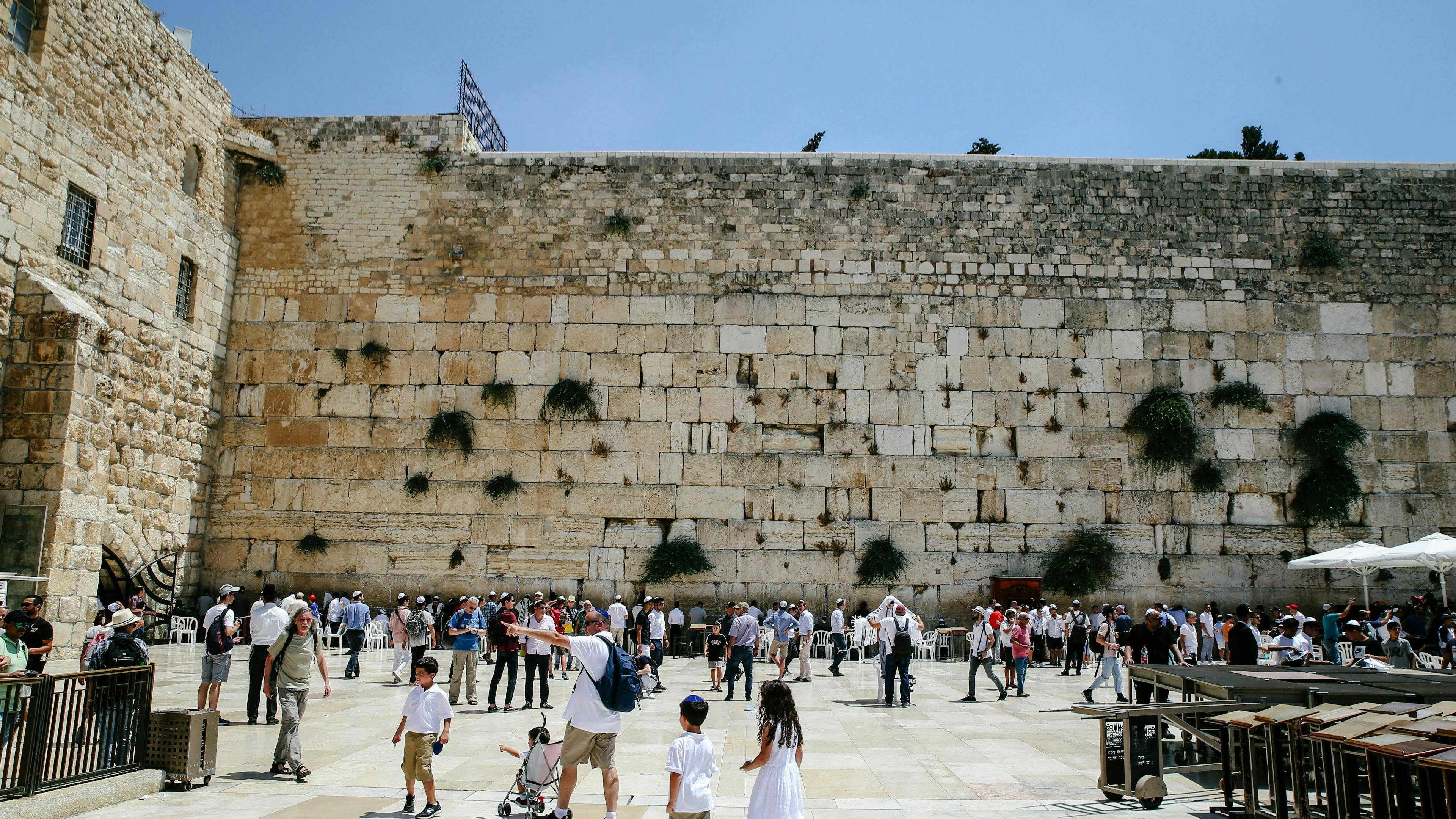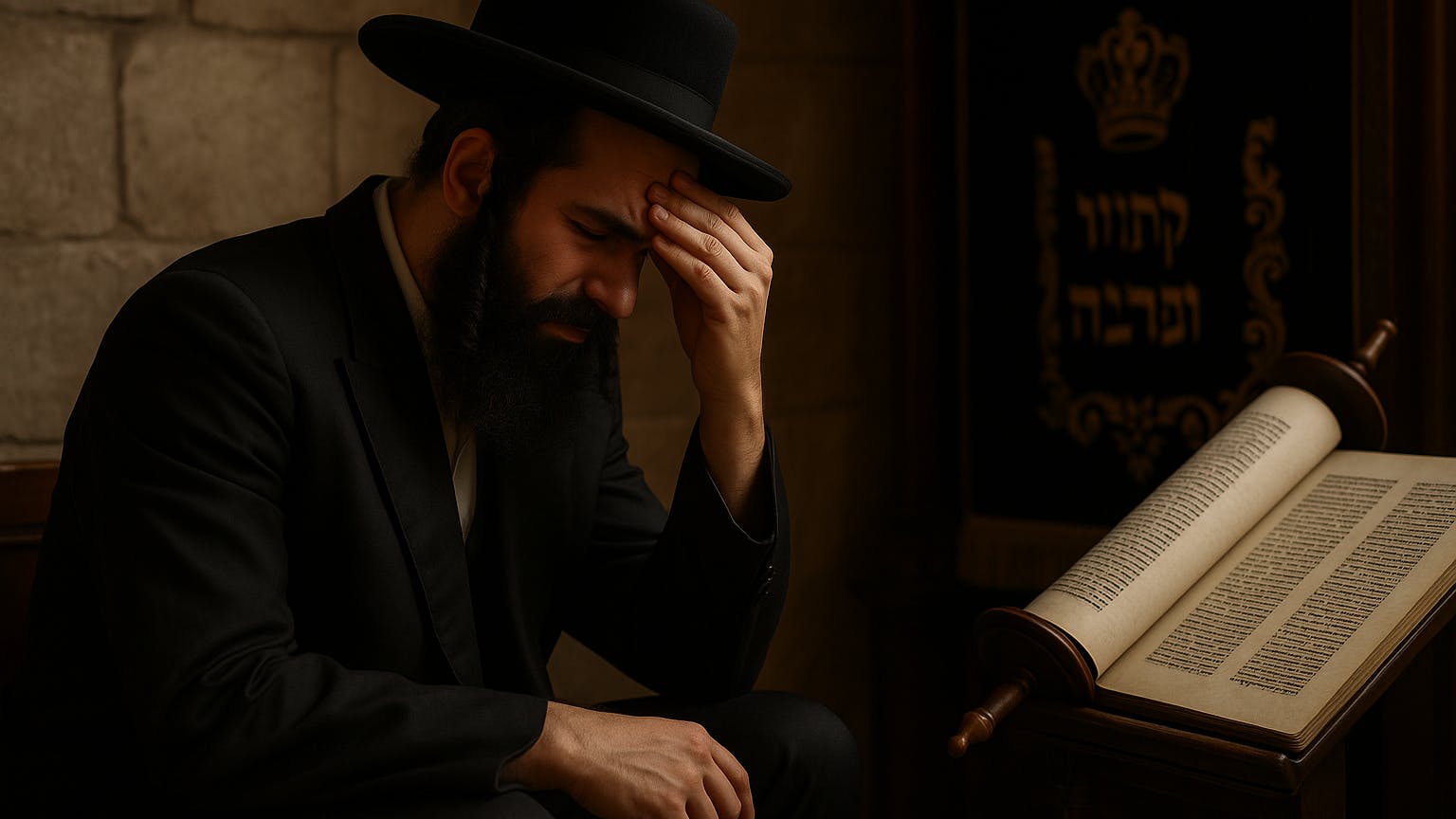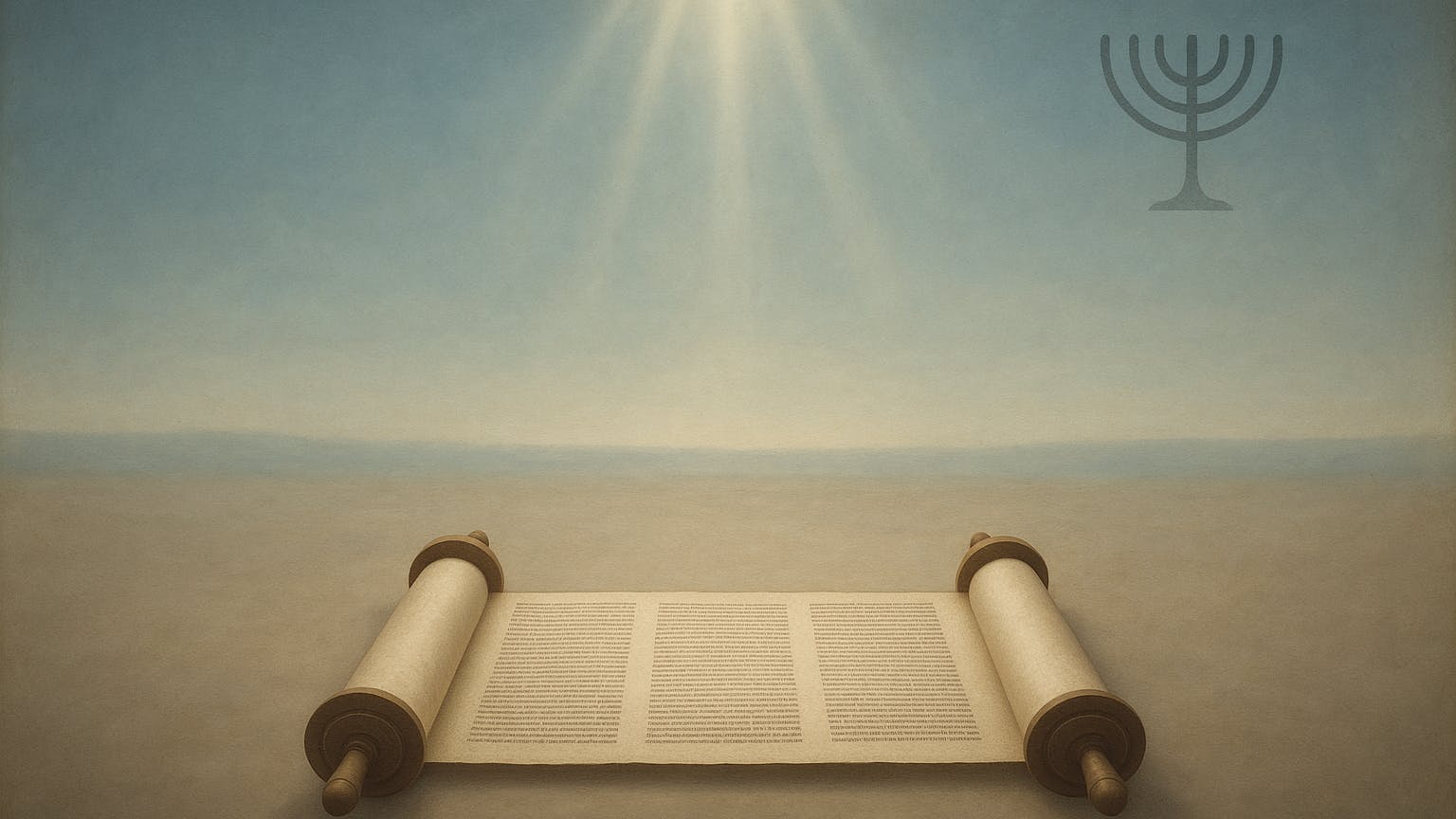Purim - a beloved festival - is about the astonishing protection and deliverance of the Jewish people. You can appreciate that by reading the book of Esther for yourself - as many do at Purim. While God’s name is not mentioned throughout the whole book of Esther, the truth of God’s providence nevertheless still shines through. In the Megillah, we learn how God prepared a Jewish bride for the Persian king Ahasuerus, so that she would later intervene when the king’s prime minister Haman – an Agagite, being a national enemy of the Israelites – sought an evil vengeance against the Jews resident in Persia. Purim refers to the lots that he cast to choose the best date for his planned genocide of the Jews.
Esther’s bravery was a gracious gift of God, and was encouraged by her wise uncle Mordecai. Events such as the parting of the Red Sea shows God’s miraculous intervention in history. But the true story of Esther shows us how God works within providence, which is the outworking of his will in time.
Such remarkable protection and deliverance is something that has a constant relevance for the Jewish people down through the centuries, and at the present time as much as ever. The split second timing of God’s working in the events surrounding Esther should be something that creates a holy and joyful admiration as we reflect on why the Lord caused the events of Purim.
What kind of joy?
In the book of Esther Purim is associated with joyful feasting, gifts of food and kindness. Despite this a tradition has developed of making it the excuse for excessive drinking and wild partying - a very different kind of joy. Some modern Jews instead follow the Talmud’s teaching: “Rava said: It is one’s duty levasumei, to make oneself fragrant [with wine] on Purim until one cannot tell the difference between ‘arur Haman’ (cursed be Haman) and ‘barukh Mordekhai’ (blessed be Mordecai)” (Babylonian Talmud, Megillah 7b). This teaching goes against the Scripture’s prohibition against drunkenness (Proverbs 23:31-35):
Proverbs 23:31-35
“Look not thou upon the wine when it is red, when it giveth his colour in the cup, when it moveth itself aright. At the last it biteth like a serpent, and stingeth like an adder. Thine eyes shall behold strange women, and thine heart shall utter perverse things. Yea, thou shalt be as he that lieth down in the midst of the sea, or as he that lieth upon the top of a mast. They have stricken me, shalt thou say, and I was not sick; they have beaten me, and I felt it not: when shall I awake? I will seek it yet again.”
The effects of excess alcohol are vividly and memorably displayed in these words. How can one whose heart utters perverse things also think clearly, as God intends? For God does not intend us to approach commemorations of his holy word with a flippant – much less an irrational, drunk – attitude. In Isaiah 1:18, God says to Israel: “Come now, and let us reason together, saith the Lord: though your sins be as scarlet, they shall be as white as snow; though they be red like crimson, they shall be as wool.” This remains true today.
People love dressing up at Purim and there are different reasons why it is a custom at this festival. But can it go too far? It certainly does in the tradition of giving permission to cross-dress at Purim. The rabbi Moses Isserles (The Tablecloth) in the 16th century wrote: “There is a custom to wear masks on Purim, for men to wear women’s clothing, and for women to wear men’s clothing”. Yet this is in direct violation of God’s law, it is something the Torah plainly forbids. Deuteronomy 22:5 reads:
Deuteronomy 22:5
“The woman shall not wear that which pertaineth unto a man, neither shall a man put on a woman's garment: for all that do so are abomination unto the Lord thy God.”
A deeper meaning to Purim
Surely we can see how these two sins can change the whole meaning of the feast despite the fact that some rabbis have encouraged them. How can we consider the true meaning of Purim?
There is a deeper meaning behind the events of Purim and it is vital we do not miss it. After the fall, God immediately promised Adam and Eve that the woman’s seed would crush the head of the serpent: that is, that the Messiah would destroy Satan (Genesis 3:15). God then revealed his covenant to Abraham (Genesis 17:7) containing the promise of the Messiah, who would come through the bloodline of his son Isaac (Genesis 21:12), his son Jacob (Genesis 27:27-29), and his son Judah (Genesis 49:10), the son of David (2 Samuel 7).
This Messiah would be prophet (Deuteronomy 18:18), priest (Psalm 110:4), and king (Psalm 2:6): the Son of God (Psalm 2:12), himself the Almighty God (Isaiah 9:6), born of a virgin (Isaiah 7:14), who would die for the sins of his people (Isaiah 53), having his hands and feet pierced (Psalm 22:16), rejected by the leadership of Israel (Psalm 118:22), to be born in Bethlehem (Micah 5:2), 483 lunar years after the command to rebuild the temple of Jerusalem given by Artaxerxes in the 5th century BC (Daniel 9:24-27), and be resurrected on the third day (Hosea 6:2) – all of which corresponds to the life, death, and resurrection of Jesus the Messiah.
In order to stop this occurring, Satan sought to destroy the Messiah’s bloodline. He did so repeatedly throughout history, as in the days of the Exodus, when Pharoah sought to kill the Israelites, when Athaliah sought to wipe out the entire line of King David, and also in the New Testament, when Herod sought soldiers to massacre all boys under two years old. Amongst all of these failed schemes, the plot of Haman was one of Satan’s craftiest devices to destroy the people from whom the Messiah would come, and bless the world.
Yet the Messiah did not come to sanction lawless and carnal partying, but rather, to establish the moral law he gave to our forefathers in the Ten Commandments on Mount Sinai. These commandments served as a perpetual reminder – both of our duty before God, but also, of our inability to keep them without a circumcised heart, that only God can give (Deuteronomy 10:16, Deuteronomy 30:6). Yet rather than depending upon God, our people have regularly trusted in their own schemes and devices, and so in their pride, have neglected to see their own wickedness and their need to trust in the Messiah who atones for his people’s sins. Thus the apostle Paul – himself a Jew – wrote in Romans 10:1-4:
Romans 10:1-4
“Brethren, my heart's desire and prayer to God for Israel is, that they might be saved. For I bear them record that they have a zeal of God, but not according to knowledge. For they being ignorant of God's righteousness, and going about to establish their own righteousness, have not submitted themselves unto the righteousness of God. For Christ is the end of the law for righteousness to every one that believeth.”
If you are thinking about Purim this year, rather than dwelling primarily on a costume that you might wear to a party, think deeper. Think instead about your need to be clothed with the righteousness of the Messiah, instead of the filthy garments of your own sin – much like Joshua the high priest (Zechariah 3). Indeed, if even the high priest needed the imputed righteousness of the Messiah as a gracious gift of God, this ought to make all the other children of Israel realize their sins and need for Messiah’s righteousness also.
God’s providential care of Israel through the events commemorated at Purim was not just to preserve Israel as a people in themselves, though this was a remarkable part of the deliverance. It was also to preserve the ancestors of the Messiah, so that sinners throughout the ages could be reconciled to God through him.
More Topics
You might alsoo be interested in these topics.




